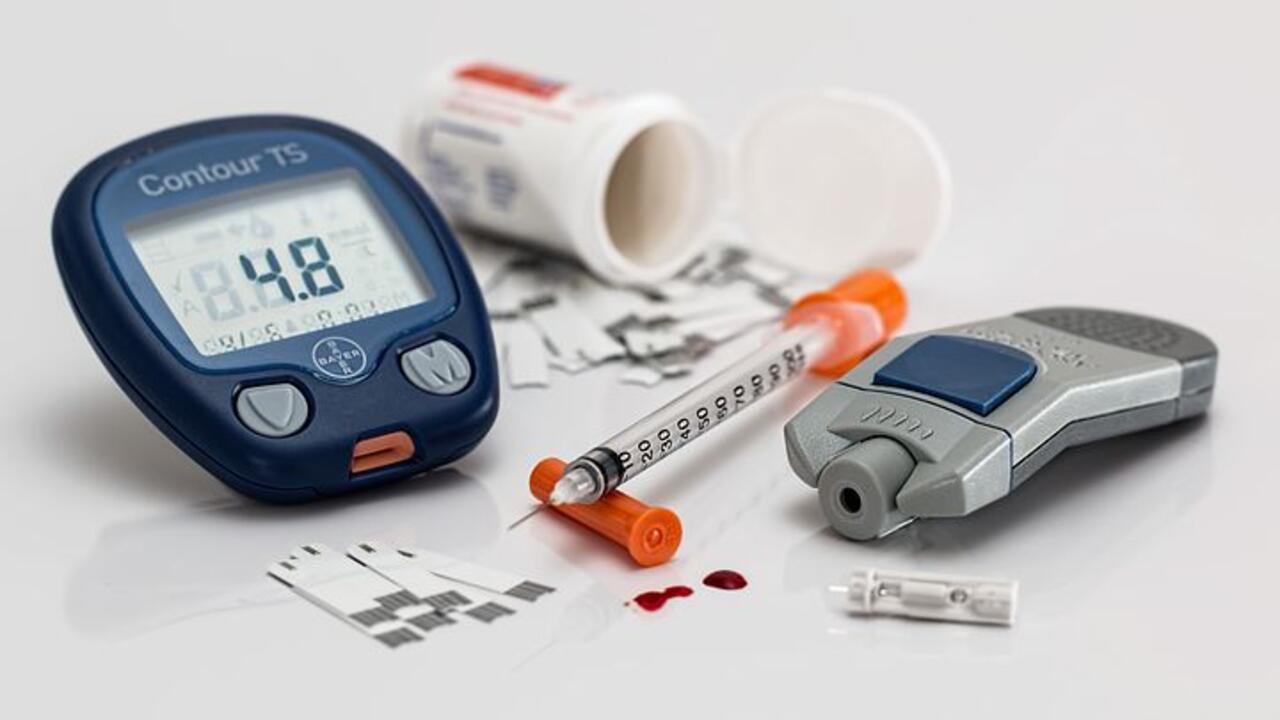
New research shows that diabetes medications could treat COVID-19 in diabetes patients
Medications used to treat type-2 diabetes could be effective in stopping the spread of the COVID-19 virus in people with diabetes.

Medications used to treat type-2 diabetes could be effective in stopping the spread of the COVID-19 virus in people with diabetes.
By Media RelationsMedications used to treat type-2 diabetes could be effective in stopping the spread of the COVID-19 virus in people with diabetes – a population with a much higher risk of infection and a much higher probability of complications from the virus.
A new study from researchers at the University of Waterloo examined the 3D structure of the COVID-19 protein and found that a specific class of diabetes medications could bind to the virus and stop it from replicating. The study, which is pending peer review, indicates that the medication could be effective in curing COVID-19 in diabetes patients.
“Previous research has shown us the molecular structure of a COVID-19 protein, which is responsible for viral growth in the host cells” said Praveen Nekkar, a professor at Waterloo’s School of Pharmacy and lead researcher on the study. “My group decided to study this further by investigating the structure of the COVID-19 protein by using computational software to understand if existing drugs can bind to it and prevent replication of the virus in host cells.”
Nekkar and his team found that a specific class of medications called dipeptidyl peptidase 4 inhibitors, or DPP4 inhibitors, could bind to the COVID-19 protein.
“The DPP4 inhibitors’ ability to bind to the protein in this way indicates their potential to prevent virus replication process in host cells,” Nekkar said. “If we can achieve this result in clinical trials, we will have identified one way to prevent virus infection in humans.
“Discovering and developing a new medication can take 10 to 15 years and cost upwards of a billion dollars,” Nekkar said. “COVID-19 is wreaking havoc right now and we need good pharmacotherapy treatment options as soon as possible – that’s why we started investigating drug repurposing.”
Drug repurposing is the practice of determining new therapeutic uses for drugs that are already approved by regulatory agencies. Nekkar’s lab has previous expertise in this area and has pivoted to address COVID-19.
Further study is required before the drug can commercially treat COVID-19 patients and Nekkar is eager to begin trials at his lab.
“Our next steps are conducting further investigation in our lab and with collaborators. We want to test the DPP4 inhibitors in cell cultures infected with the COVID-19 virus and assess their efficacy. From there we will scale up to trials, and, eventually a treatment for the market.”
Note: This research has not yet been peer-reviewed and is being released as part of UWaterloo’s commitment to help inform Canada’s COVID-19 response.

Read more
A new artificial intelligence tool is being used to help physicians treat COVID-19 patients.

Read more
Prof. Jimmy Lin spearheads creation of new search engine

Read more
Waterloo engineers creating personalized masks for front line workers and patients with autoimmune deficiencies
The University of Waterloo acknowledges that much of our work takes place on the traditional territory of the Neutral, Anishinaabeg, and Haudenosaunee peoples. Our main campus is situated on the Haldimand Tract, the land granted to the Six Nations that includes six miles on each side of the Grand River. Our active work toward reconciliation takes place across our campuses through research, learning, teaching, and community building, and is co-ordinated within the Office of Indigenous Relations.